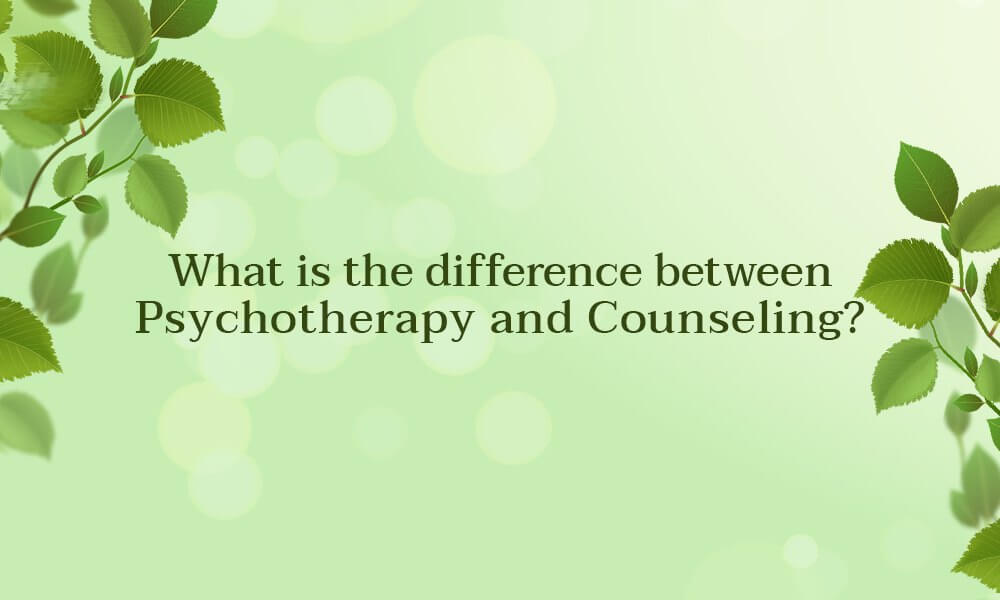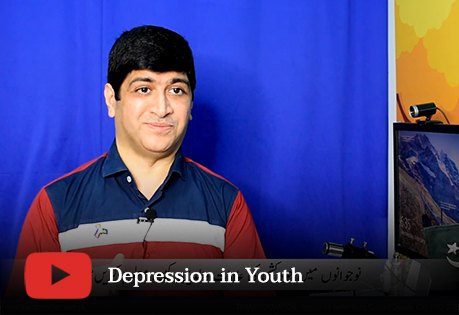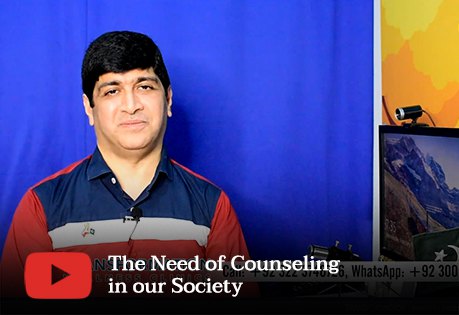- Jofa Tower 5th floor, SB-23, Block 13 C, Main University Rd, Gulshan-e-Iqbal, Karachi.
- +92 322 3746726
- tis@transformation.com.pk
What is the difference between Psychotherapy and Counseling?

What is Psychological Assessment?
May 24, 2023
What is Substance Use Disorder?
May 24, 2023What is the difference between Psychotherapy and Counseling?
Psychotherapy and counseling are similar in that they both involve talking with a mental health professional to address emotional, psychological, or behavioral problems. However, there are some differences between the two.
Psychotherapy is a broader term that encompasses a variety of approaches to mental health treatment, including counseling. It often involves more in-depth exploration of unconscious thoughts and past experiences, and can be a longer-term commitment.
Counseling is a more specific term that refers to a type of therapy focused on solving specific, practical problems and helping individuals develop coping skills and improve their emotional well-being. It may be a shorter-term commitment and may involve more goal-directed and solution-focused conversations.
Both psychotherapy and counseling can be effective in helping individuals overcome their problems and improve their well-being. The type of treatment that is best for each person depends on their specific needs and the nature of their problem. A mental health professional can help determine which approach is most appropriate for each individual.
Psychotherapy:
Psychotherapy is a type of treatment that aims to help individuals overcome emotional, behavioral, or psychological problems. It involves talking with a licensed mental health professional, such as a psychologist, psychiatrist, or licensed clinical social worker, about one’s thoughts, feelings, and experiences. The goal of psychotherapy is to help individuals gain insight into their problems, develop coping skills, and improve their overall well-being.
Counseling:
Counseling is a form of therapy that involves talking with a mental health professional to address psychological, emotional, and behavioral problems. The goal of counseling is to help individuals improve their well-being, cope with stress and life challenges, and achieve their personal goals. It can take many forms and can be tailored to meet the unique needs of each individual. Some common approaches include cognitive-behavioral therapy, solution-focused therapy, and humanistic therapy. During counseling sessions, individuals can discuss their thoughts, feelings, and experiences in a safe and confidential setting.
Counseling can be done on a one-on-one basis or in a group setting. It can also be done with couples or families. The frequency and length of counseling sessions can vary, but typically involve weekly or bi-weekly meetings that last 45 to 60 minutes. Counseling can be effective for a range of issues, including depression, anxiety, relationship problems, stress, and grief. With the support and guidance of a mental health professional, individuals can work through their challenges and develop healthy coping strategies to improve their overall well-being.
What are the types of psychotherapy?
There are many different types of psychotherapy, each with its own theoretical approach and techniques. Some common forms of psychotherapy include cognitive-behavioral therapy (CBT), dialectical behavior therapy (DBT), psychodynamic therapy, humanistic therapy, and interpersonal therapy:
- Cognitive-behavioral therapy (CBT) is a type of therapy that focuses on the relationship between thoughts, feelings, and behaviors. It helps individuals identify negative thought patterns and replaces them with more positive and realistic ones.
- Dialectical behavior therapy (DBT) is a type of therapy that focuses on teaching individuals skills to regulate their emotions and improve their relationships.
- Psychodynamic therapy explores the unconscious mind and past experiences to understand how they may be affecting current thoughts, feelings, and behaviors.
- Humanistic therapy emphasizes the unique qualities and potential of each individual and helps individuals find meaning and purpose in their lives.
- Reduced symptoms: Psychotherapy has been shown to be effective in reducing symptoms of a variety of mental health conditions, including depression, anxiety, and PTSD.
- Interpersonal therapy focuses on improving communication and relationships with others.
Psychotherapy can be done on a one-on-one basis, in a group setting, or with families. The frequency and length of therapy sessions vary, but typically involve weekly or bi-weekly sessions lasting 45 to 60 minutes.
While psychotherapy is not a cure for mental health problems, it has been shown to be an effective treatment for a range of issues, including depression, anxiety, post-traumatic stress disorder (PTSD), and relationship problems. With the guidance of a mental health professional, psychotherapy can help individuals make lasting positive changes in their lives.
What are the benefits of counselling
Counseling can offer a variety of benefits to individuals seeking help with emotional, psychological, and behavioral problems. Some of the key advantages of counseling include:
1.Improved Mental Health: Counseling can help individuals overcome a range of mental health problems, including depression, anxiety, relationship problems, stress, and grief. By working with a mental health professional, individuals can develop healthy coping strategies and improve their overall well-being.
2.Increased Self-Awareness: Counseling can help individuals gain a better understanding of their thoughts, feelings, and behaviors. This increased self-awareness can lead to greater insight and improved decision-making.
3.Improved Relationships: Counseling can help individuals improve their relationships with others by teaching them effective communication skills and resolving conflicts.
4.Reduced Stress: Counseling can help individuals develop strategies for managing stress, reducing anxiety, and improving their overall well-being.
5.Improved Coping Skills: Counseling can provide individuals with the tools and strategies they need to effectively manage difficult life situations, such as the loss of a loved one, job loss, or other significant stressors.
6.Increased Confidence: By overcoming their emotional, psychological, and behavioral problems, individuals can gain greater self-confidence and a sense of control over their lives.
7.Flexibility: Counseling can be done on a one-on-one basis, in a group setting, or with couples or families. This allows individuals to choose the format that best meets their needs.
8.Confidentiality: Counseling provides a safe and confidential setting where individuals can discuss their thoughts and feelings without fear of judgment or stigma.
Conclusion
In conclusion, counseling can provide individuals with the support and guidance they need to overcome their problems and improve their well-being. With the help of a mental health professional, individuals can develop the skills and strategies they need to manage life’s challenges and live happier, healthier lives.






